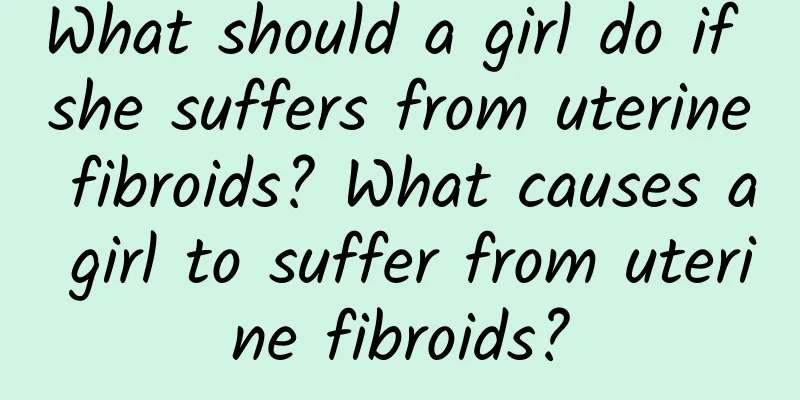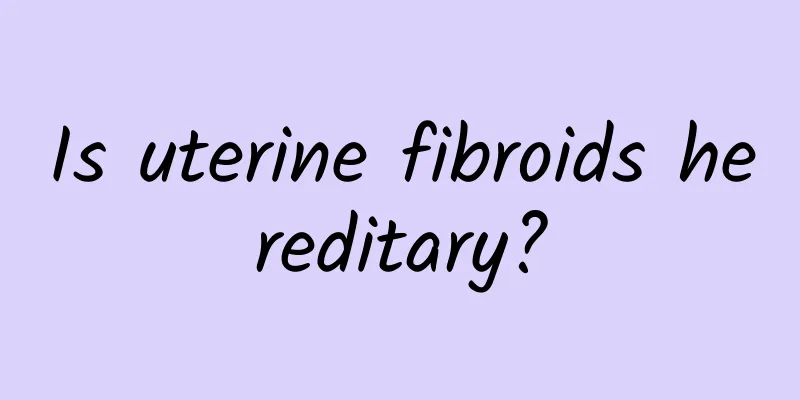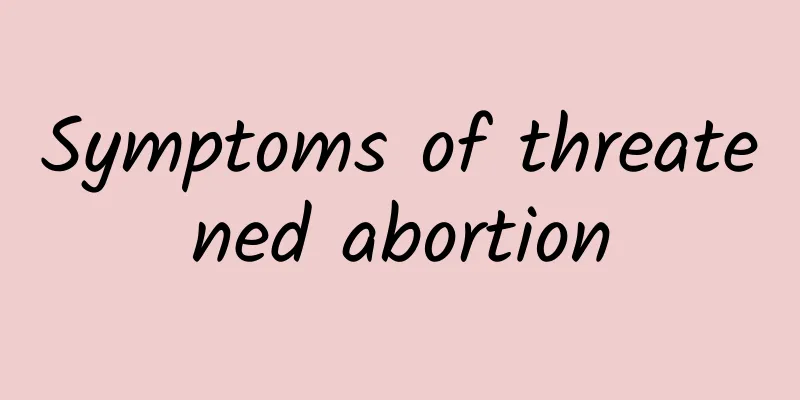What should I not eat after having an abortion? What should I eat after having an abortion?

|
What should I not eat after having an abortion? What should I eat after having an abortion? Abortion is a common gynecological surgery that has a certain impact on women's physical health. During the recovery period after surgery, maintaining a reasonable diet is essential for women's recovery. However, some foods are not suitable for consumption during this period. Let's take a look at what foods you can't eat after an abortion. 1. Spicy food: Spicy food should be avoided as much as possible for women after surgery. Chili peppers, ginger, onions, garlic and other foods are all irritating foods that can easily cause gastrointestinal discomfort and increase postoperative pain. 2. Greasy food: Greasy food not only easily causes gastrointestinal discomfort, but also increases the digestive burden and affects recovery. Fried foods, French fries, and excessive fat intake are all things that need to be avoided. 3. Hot or cold food: Women are weak after surgery, so they should not eat too much cold or hot food. Cold drinks, ice cream, hot dogs, etc. are all hot or cold foods, which can easily cause gastrointestinal spasms and stomach discomfort. 4. Stimulating drinks: Coffee, strong tea, carbonated drinks, etc. are drinks that should be avoided as much as possible. These drinks will increase the burden on the body and cause gastrointestinal discomfort. 5. Raw and cold food: Women after surgery should eat light and easily digestible food. Raw and cold food is difficult to digest and can easily increase the burden on the gastrointestinal tract and increase discomfort. I just had an abortion. How should I arrange my diet properly? 1. Eat more high-protein foods: After surgery, you need to supplement enough protein to help your body repair. Fish, poultry, eggs, etc. are all high-protein foods and can be consumed in moderation. 2. Eat more foods rich in vitamins: Fresh fruits, vegetables, etc. are rich in vitamins, which can enhance immunity and promote recovery. 3. Eat a moderate amount of crude fiber foods: Crude fiber foods help promote gastrointestinal motility and relieve constipation. Rice, whole wheat bread, oats, etc. are all foods rich in crude fiber. 4. Drink more water: Maintaining adequate water intake helps digestion and eliminate toxins, helping the body recover. 5. Eat less salt and sugar: Too much salt and sugar will increase the burden on the body and is not conducive to recovery. In short, after an abortion, it is very important to avoid eating irritating food, greasy food, hot or cold food, irritating drinks and raw or cold food. In terms of diet, consuming more high-protein food, vitamin-rich food, crude fiber food and appropriate amount of water is helpful for recovery. A reasonable diet can not only promote physical recovery, but also improve immunity, enhance body resistance and avoid postoperative complications. Therefore, we should formulate a reasonable diet plan according to our actual situation to maintain a healthy body. |
<<: What causes uterine fibroids? Real photos of uterine fibroids
Recommend
How to use medicine for medical abortion
Nowadays, the social atmosphere is corrupt. Many ...
The risk of abdominal obesity is high
Abdominal obesity is not only a consideration of ...
Traditional Chinese medicine helped her get rid of cervicitis
40-year-old sister Wang is a very enthusiastic pe...
Eating tonic food actually makes you gain fat! Wu Mingzhu: Eat this way to replenish qi and blood for the four major body types
When taking supplements in winter, be careful not...
Let’s take a look at the precautions for painless abortion
The harm of painless abortion to women cannot be ...
What are the symptoms of senile vaginitis?
What are the symptoms of senile vaginitis? 1. The...
Do you know about minimally invasive technology for treating ectopic pregnancy in women?
With the increasing number of ectopic pregnancy p...
Do you know what causes cervical hypertrophy?
Cervical hypertrophy is a type of chronic cervici...
Female friends should prevent the occurrence of signs of ectopic pregnancy
I believe that female friends should be familiar ...
What are the dangers of multiple miscarriages?
The medical purpose of artificial abortion can be...
Autumn dryness and constipation increase by 20%! Moisturizing the intestines and fighting aging, the dietary secrets of a female Chinese medicine practitioner are revealed~
Do you feel constipation recently? The climate is...
Typical symptoms of female cervical hypertrophy
Cervical hypertrophy is a common disease in life....
Main methods of diagnosing vulvar pruritus
Vulvar itching is a very painful thing for women,...
What Chinese medicine can treat primary amenorrhea?
Primary amenorrhea can be treated with Chinese me...
Are cervical warts sexually transmitted?
Everyone knows that cervical warts are a sexually...









